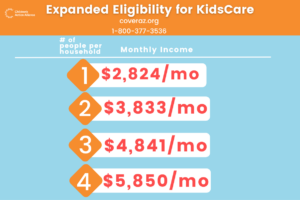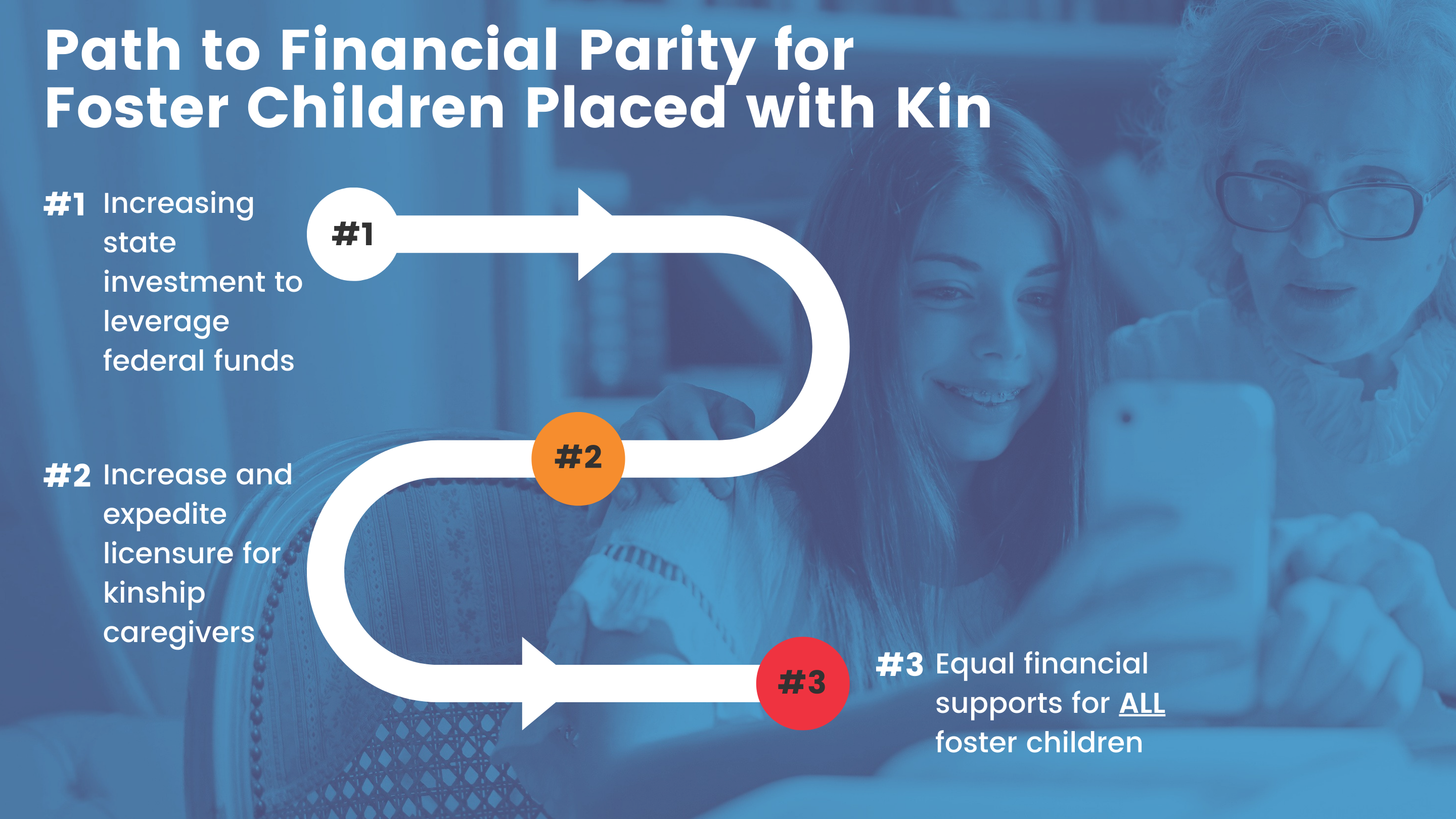The Spring season in Arizona is already well underway. Everything is blooming, the weather is warming, delayed Spring Training has given way to Opening Day and for those who pay attention to what is happening at the Capitol, we enter a new phase of the Legislative Session. Each year the session begins on the second Monday in January and is SUPPOSED to adjourn “sine die” (terminate for the year) no later than Saturday of the week in which the 100th day from the start of the session falls. This year, the 100th day is April 19th and that means the session should end no later than April 23rd.
Though this is the benchmark, in recent years that has rarely happened. This year, like many in the past, most of the committee work and regular legislative activity has ended or is wrapping up, but we are still awaiting the presentation of a budget proposal. And as of now, it doesn’t look like that is going to happen prior to April 23rd. During this lull in activity, we want to highlight some of the proposals that would improve the lives of children and families in Arizona that were either never taken into consideration or that died without making much progress.
Hundreds of bills are introduced each year and many die at some point during the process. This can happen when a bill fails to get assigned to committees or to a floor vote, when a committee chair fails to give it a hearing, or when it doesn’t have enough votes at any step along the way.
1295 Appropriation, Child Care, Waitlist- Senator Christine Marsh
Would have increased families' access to high-quality early learning programs by providing $5.7M to First Things First to expand access to Quality First, the Arizona Quality Improvement and Ratings system for child care and preschool programs in Arizona. This bill was assigned to two committees but never received a hearing.
SB 1635 Community schools Pilot Program, Appropriation (The David Bradley Community Schools Act)- Senator JD Mesnard
Establishes a pilot program housed within the Arizona Department of Education. Participants will partner with one or more local community-based organizations with the goal to coordinate academic, social, and health services to reduce barriers to learning and improve the quality of education for students in the community. The pilot would be named in memory of former State Senator David Bradley who for many years was a champion of children’s issues in Arizona. The bill had bipartisan support and was assigned to two committees in the Senate but never received a hearing.
HB2125 Electronic Smoking Devices, Retail Licensing- Representative Michelle Udall
Protects children in Arizona by bringing the state into compliance with federal law that regulates age requirements, penalties, restrictions, and licensing requirements relating to the purchase and sale of tobacco and vaping products. This bill moved through two committees in the House but stalled out before receiving a final floor vote.
HB2139 Missing and Murdered Indigenous Women- Representative Jennifer Jermaine
Established and outlined participation on a study committee on Missing and Murdered Indigenous Women. The State Legislature has previously made a commitment to addressing this crisis in Arizona. There was an existing study committee but legislation that passed in 2021 as a part of the budget that made changes to it was overturned in court as part of the ruling that disallowed multiple subjects to be included in budget bills. Despite having bipartisan co-sponsors and support, this bill never received a hearing.
HB2205- CHIP Eligibility FPL Increase, Representative Kelli Butler
Would have expanded access to the state's Children’s Health Insurance Program (called KidsCare) to more low-income working families. This bill was a CAA Priority Bill but it was never assigned to a committee.
HB2206/HB2306 Dental Care-Pregnant Women- Representatives Kelli Butler & Jennifer Jermaine
This pair of bills would have allowed pregnant people on AHCCCS (the state's Medicaid program) to receive comprehensive dental health care benefits. Pregnancy can increase oral health problems that if untreated, can lead to adverse pregnancy outcomes.
HB2212 Schools, Immunizations, Registered Nurses, Posting- Representative Kelli Butler
Aimed to arm parents with important information about health and safety in schools, including whether schools had a Registered Nurse, how health and safety issues are addressed, and publicly posting the immunization report school districts are already required to submit to the state. This bill was never assigned to a committee.
HB2311 School Health Program, Appropriation- Representative Jennifer Jermaine
Would have promoted and enhanced healthy and effective learning environments for all students by supporting the costs of placing school nurses and psychologists on campuses. This bill was assigned to three committees in the House but never received a hearing.
Last week, we took the legislative lull between committee work and the presentation of the proposed budget to tell you about some bills that would have improved the lives of children and families in Arizona that were either not considered or died without making much headway. As the pause at the Capitol continues so does our midsession update. If last week’s update could be titled “the good”, this week can be called the “bad and the ugly.” These are misguided proposals that harm children and families, and unfortunately have either already been signed or are well on their way to becoming law. The common theme running through these bills: Preserving prejudice in the name of protecting children.
SB 1138 Irreversible Gender Reassignment Surgery, Minors—Senator Petersen (Status: Signed by Governor)
Prohibits physicians from providing irreversible gender reassignment surgery to minors regardless of whether the procedure is recommended by the child’s physician or consented to by the child’s parents.
SB 1165 Interscholastic, Intramural Athletics, Biological Sex—Senator Barto (Status: Signed by Governor)
Requires all public schools, and any private schools that compete against them, to expressly designate their interscholastic teams based on the biological sex of the participating students.
SB 1399 Adoption, Foster Care, Religious Discrimination—Senator Kerr (Status: Signed by Governor)
Gives faith-based foster care and adoption agencies broad license to discriminate based on the organization’s religious beliefs without any threat of lawsuits and allows foster parents to impose their own religious beliefs on foster children who are temporarily in their care.
HB 2086 DHS, School Immunizations, Exclusions—Representative Osborne (Status: Pending final vote in the Senate)
Would prohibit requiring immunization from COVID-19 or HPV as a condition of school attendance.
HB 2112 Classroom Instruction, Race, Ethnicity, Sex—Representative Udall (Status: Pending final vote in the Senate)
Would prohibit teachers from discussing societal issues related to race, ethnicity, and sex. Would also subject teachers to disciplinary action, including suspension or revocation of their teacher’s certificate, and subject school districts to civil legal penalties for subsequent or continued violations.
HB 2616 Mask Mandates, Minors, Parental Consent—Representative Chaplik (Status: Passed Senate and pending transmittal to Governor)
Bars any government entity, school or charter school from requiring a mask or face covering be worn by a minor without the express consent of their parent or guardian.





